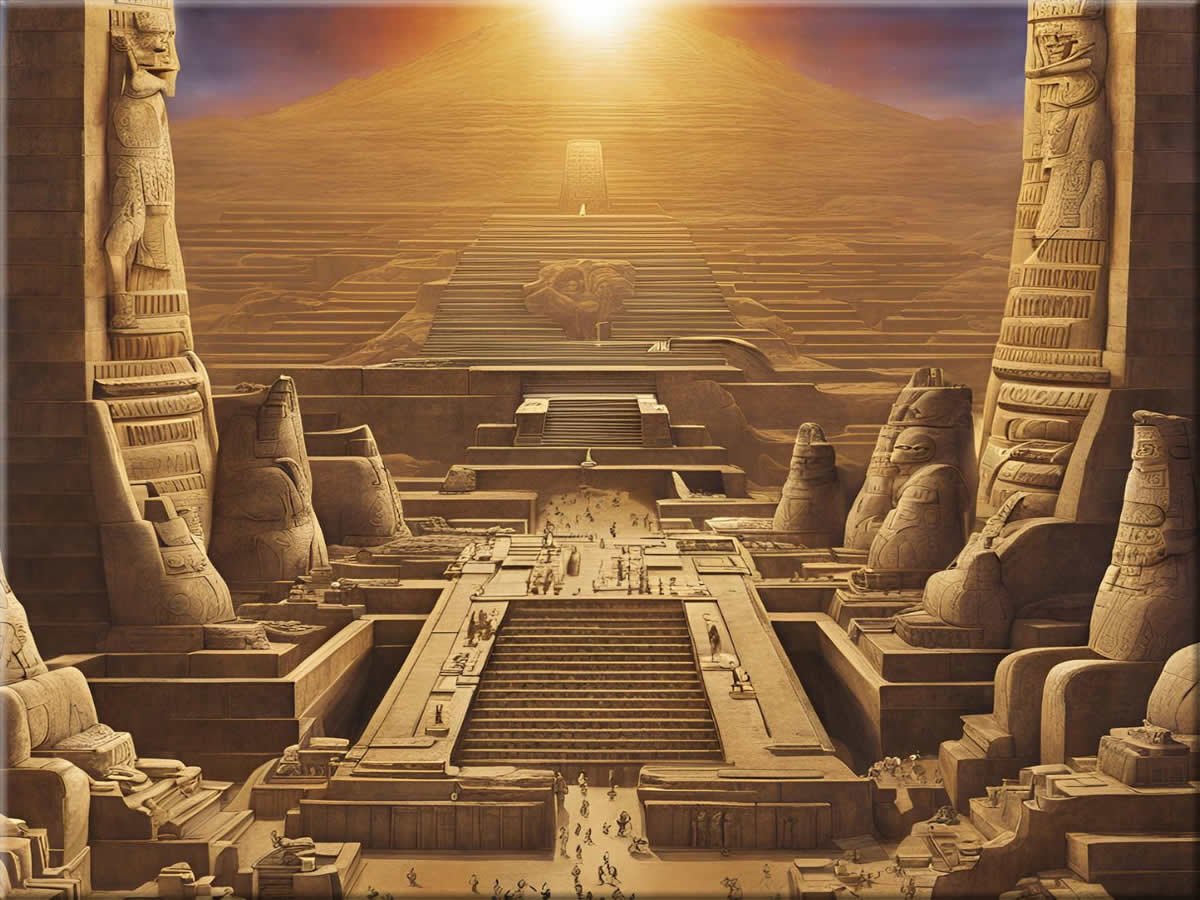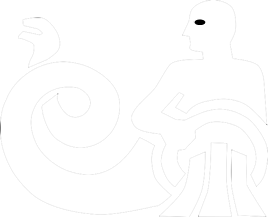
Colonial Empires: The Black Chronicles Of The White Man
Exploring the reality of colonial empires opens a conversation that many have yet to engage with fully. These empires have left indelible marks on societies and cultures worldwide. Understanding their history isn’t just about recounting past events; it’s about acknowledging the impacts that continue to resonate today.
When we discuss the British, Spanish, and French expansions, we’re not just talking about the building of colonial empires. We’re diving into stories of conquest, conflict, and the sometimes brutal reality of expansionist policies. These narratives reveal both the ambitious reach of these empires and the darker consequences of their exploits.
Many accounts of colonial empires’ history focus on achievements and advancements. However, for a complete picture, it’s crucial to acknowledge the pain and hardship inflicted on indigenous populations. These stories are often underrepresented in mainstream history, but they are essential for understanding the full impact of the white man.
Digging into the narratives of these colonial empires helps unravel a complex tapestry of power dynamics, exploitation, and resilience. Each empire sought dominance, leaving behind legacies that shaped and continue to shape modern geopolitical landscapes. To truly learn from history, it’s essential to critically assess both the gains and the costs of these colonial empires’ ventures.
As we begin this journey, keep in mind that understanding these chronicles is not just a history lesson. It serves as a reminder of how cruel the white man can be. However, it also challenges us to engage in discussions about reparations and justice, fostering a more comprehensive understanding of global heritage.
The British Empire: Power and Predation
The British Empire’s story is one of towering ambition and sweeping domination. Expansion wasn’t just about acquiring territories; it involved calculated strategies, complex political maneuvers, and a readiness to engage in warfare. At its peak, the empire was the most extensive in history, ruling over a multitude of lands across various continents.
Wars played a significant role in the British colonial agenda. They led military expeditions that resulted in the conquest of vast regions while suppressing resistance. Military leaders employed their power to establish and maintain control, frequently disregarding the autonomy and welfare of local populations.

Colonization brought about an array of devastating impacts on indigenous societies. Communities were displaced, cultures were systematically diluted, and local economies were disrupted. Many native peoples found themselves subjugated, their rights erased under foreign rule.
The empire’s economic strategies were not only exploitative but also extractive in nature. The government redirected resources to serve British interests, inflicting long-lasting economic imbalances. This extraction wasn’t merely a financial maneuver but a deeply ingrained system of acquiring and asserting dominance.
Despite ending colonial rule over these territories, the legacy remains. Many former colonies face current socio-economic challenges that stem from the historical exploitation they experienced. Acknowledging this is essential as it drives conversations toward healing and reparations.
Discussing these facets of British expansion helps paint a fuller picture, not just to critique but to inform. Only by grappling with the comprehensive history can meaningful dialogue for future justice and reconciliation be fostered.
Spanish Expansion: Conquest and Catastrophe
When we discuss the Spanish Empire, we’re examining one of the earliest colonial powers that sought to claim vast regions. Their expansion wasn’t just a quest for power; it was driven by the pursuit of wealth, particularly in the form of precious metals and other valuable resources. The repercussions of their conquests extend far beyond the initial invasions, impacting generations.
Spanish explorers, often depicted as intrepid adventurers, led expeditions that involved significant bloodshed. Through a mix of military force and strategic alliances, they overtook indigenous groups, leading to enormous shifts in demographic and political landscapes. The result? A widespread and often violent upheaval for native populations.

One of the darkest aspects of the Spanish colonial era was the treatment of indigenous people. Through systems like the encomienda, native populations were forced into labor, often in horrendous conditions. The aim was to maximize profit from agricultural and mining enterprises, regardless of the human cost.
Culture, too, was a victim of Spanish colonial ambitions. Indigenous beliefs were suppressed as Catholicism spread through colonial territories. This cultural imposition erased languages and traditions, a loss that remains keenly felt to this day.
The echoes of these colonial acts persist in modern times. The historical extraction of resources and labor has left many regions struggling with economic instability and fighting for cultural recognition. Understanding these root causes is crucial for addressing ongoing disparities.
French Colonial Ambitions: Beyond Borders
France’s colonial ventures were marked by ambition and the desire to spread its influence globally. The French Empire wasn’t just about expanding territories, but also about shaping a cultural and political hegemony that transcended borders. This ambition led to far-reaching consequences for those caught in its imperialistic reach.
Military prowess was crucial in establishing French dominance. They engaged in numerous conflicts to maintain and expand their territories, often leading to significant loss of life and disruption in the regions they controlled. These wars were instruments of expansion, reinforcing France’s power at the expense of native populations.
The Book of Wisdom is a must-have book for every free-thinker and truth-seeker. It offers a wealth of knowledge, encompassing both surface-level truths and deep, hidden insights from the esoteric realm.
The cultural impact of French colonial policies is not to be understated. They implemented assimilation strategies that imposed the French language, culture, and education on colonized people. While this created a legacy of Francophone countries and cultural ties, it also resulted in the erosion of indigenous cultures and identities.
Economically, the French colonial empire was structured to serve French interests, pulling resources from colonies to benefit the metropole. This exploitation had detrimental effects on local economies, contributing to systemic imbalances that persist to this day.
Reflecting on the legacy of French colonialism reveals a complex tapestry of influence. In former colonies, struggles with poverty, identity, and governance often stem from these colonial roots; however, discussions surrounding French colonial history open doors to a deeper understanding of current geopolitics.
Shared Atrocities: Unforgivable Actions by Colonial Powers
Colonial powers did not just expand territories—they often unleashed devastating acts that are remembered as some of history’s gravest atrocities. The extent and nature of these actions varied, but the common thread among them was the sheer disregard for human dignity and life.
Mass murders and forced displacements weren’t uncommon as colonialists sought control. Objectives went beyond territorial expansion; they included decimating or relocating populations to secure land and resources. These actions annihilated whole communities, disrupting cultural and social fabrics irreversibly.

Theft, both of resources and cultural artifacts, was rife. Colonists extracted valuable resources, often leaving conquered lands barren. Beyond material wealth, this theft extended to cultural heritage—priceless artifacts and relics that ended up in foreign museums rather than with the original creators and those who valued them.
Slavery was another abhorrent aspect of colonialism, where human beings were reduced to commodities. The slave trade saw millions forcibly removed from their homelands, enduring horrific conditions and lifelong servitude. This dehumanizing system left deep scars across continents, many of which remain unhealed.
Understanding these shared atrocities is crucial for grasping the full extent of colonial impact. Across the world, affected communities continue to feel the effects years later, grappling with challenges rooted in these historical wrongs.
Acknowledging such dark chapters is not just about looking back; it’s a call to address inequalities and seek justice in today’s world. Open discussions about these issues can channel efforts into reparative initiatives that address and mend historical damages.
The Human Cost: Enslavement and Ownership
Slavery is one of the most painful legacies of colonialism, where human beings were trafficked, forced into labor, and denied fundamental rights. The scale of this practice was immense, involving millions of people who endured horrendous conditions under the colonial rule of the white man.
Enslaved Africans were forcibly separated from their homes, families, and cultures. Many were transported across oceans under harrowing conditions, only to face lives of hard labor in foreign lands, especially in plantations. The dehumanizing nature of slavery left enduring marks on individuals and societies.

In the Americas, native populations also experienced similar fates. Enslavement of indigenous peoples occurred alongside African slavery, adding layers of trauma and exploitation to the colonial legacy. These communities suffered significant population losses and cultural disruptions.
The economic and social impacts of slavery were profound. The wealth generated from slave labor contributed significantly to the development of colonial powers while leaving enslaved communities impoverished and marginalized. This disparity set the stage for ongoing socioeconomic challenges in many affected regions.
Confronting this history is crucial for building a future where such injustices are not repeated. Acknowledging the full extent of slavery’s impact fosters a deeper understanding of current racial and economic inequalities, encouraging steps towards reparative justice.
The Question of Accountability: History’s Unresolved Crime
One question lingers over the chapters of colonial empires’ history: accountability. Colonial powers engaged in systemic atrocities, often facing little to no consequences for their actions. Instead, the legacies of these injustices remain, affecting the descendants of those who suffered.
Decolonization brought political independence to many regions, but it rarely addressed past wrongs comprehensively. Former colonizers often avoided proper accountability, leaving unresolved grievances that continue to affect international relations and domestic policies in former colonies.
Volume 2 continues the profound themes introduced in the predecessor even deeper into the complexities of existence and the pursuit of knowledge, encouraging readers to question established beliefs.
Reparations and justice remain contentious topics. Calls for reparations from affected nations often face resistance, highlighting ongoing struggles for acknowledgment and apology from historical colonizers. These discussions are deeply tied to identity, equity, and the pursuit of international justice.
Beyond monetary compensation, reparations involve broader efforts in truth-telling and reconciliation. Acknowledging historical truths allows for shared healing. It’s about transforming history into a lesson that informs present actions and policies, fostering genuine understanding and peace.
Related Topics














